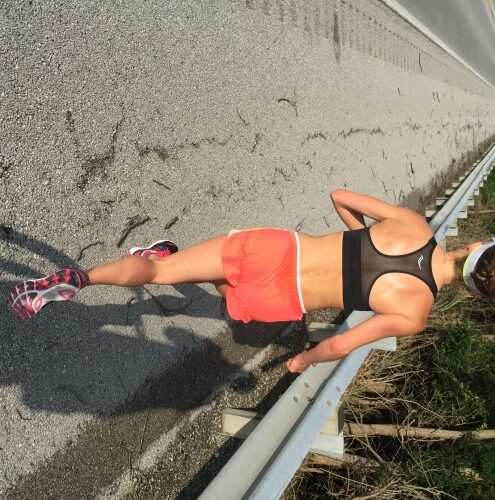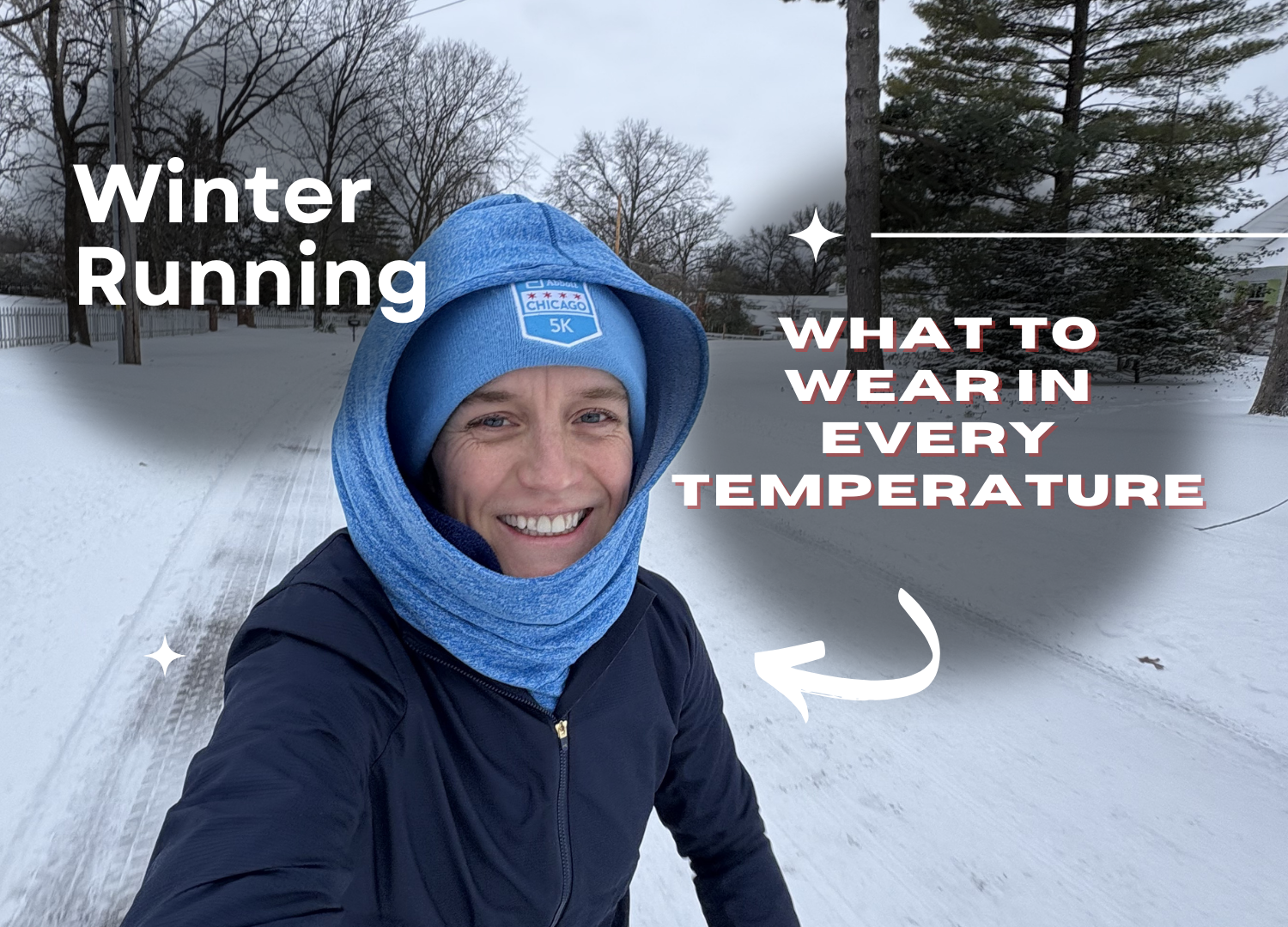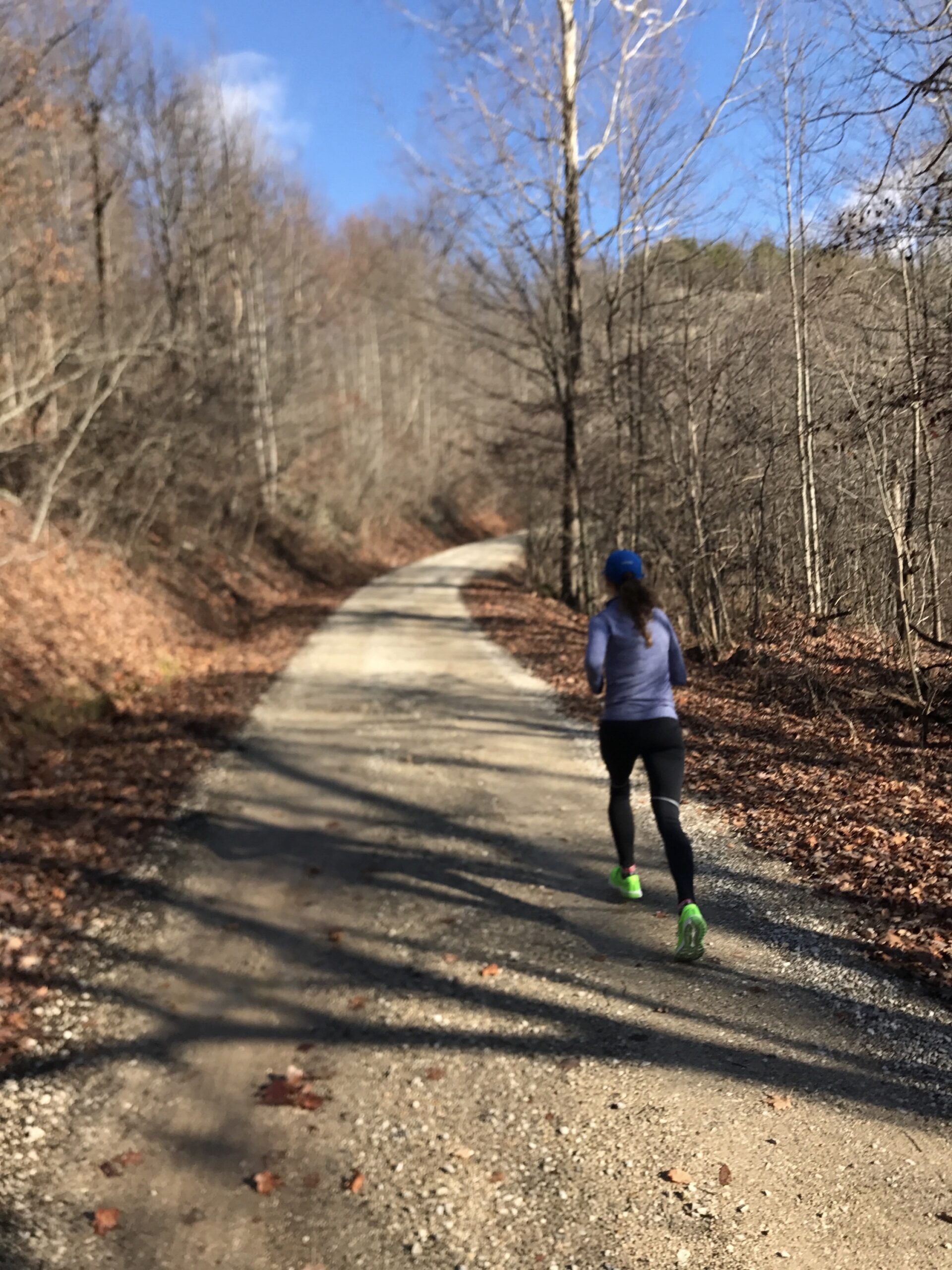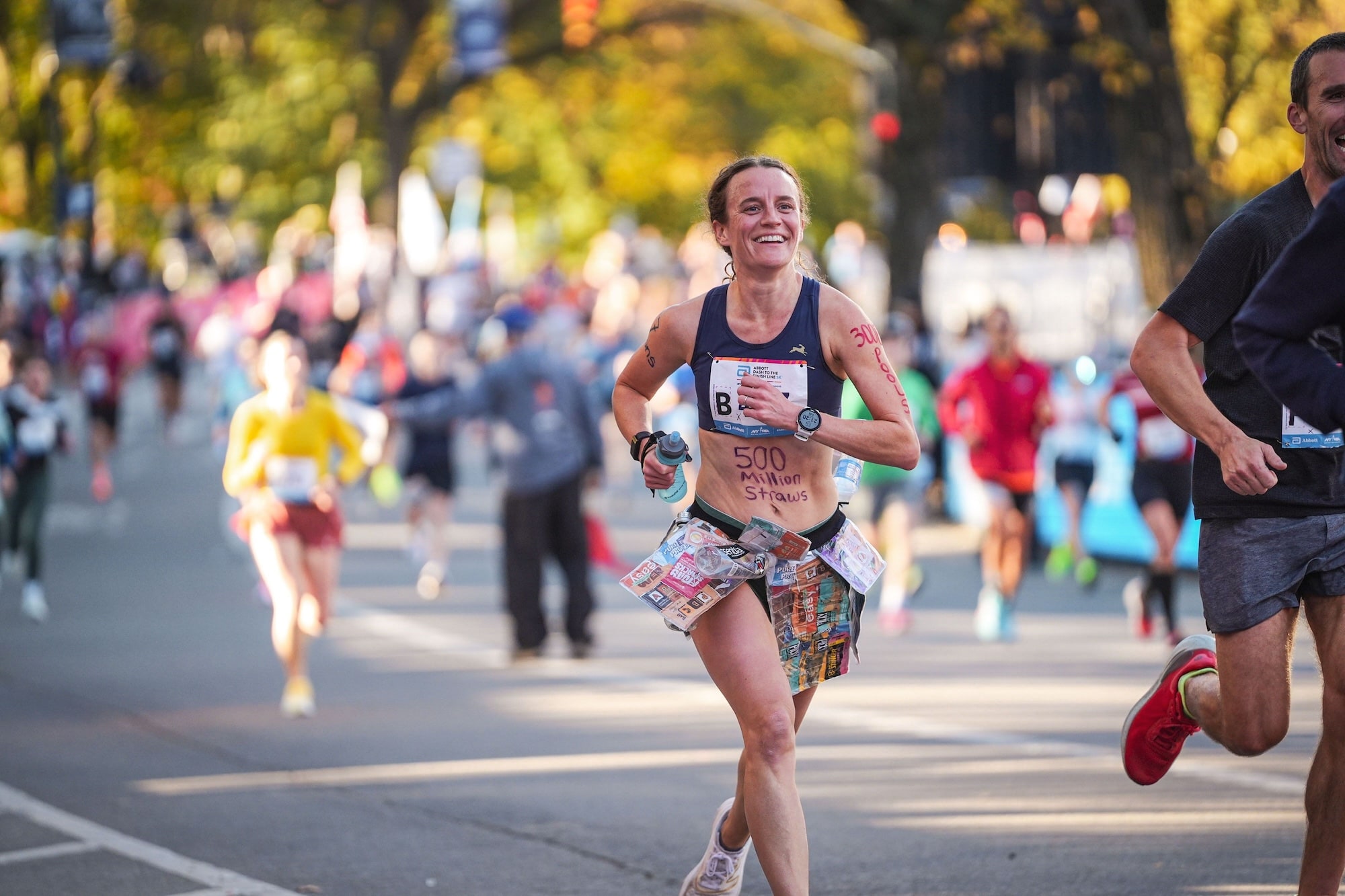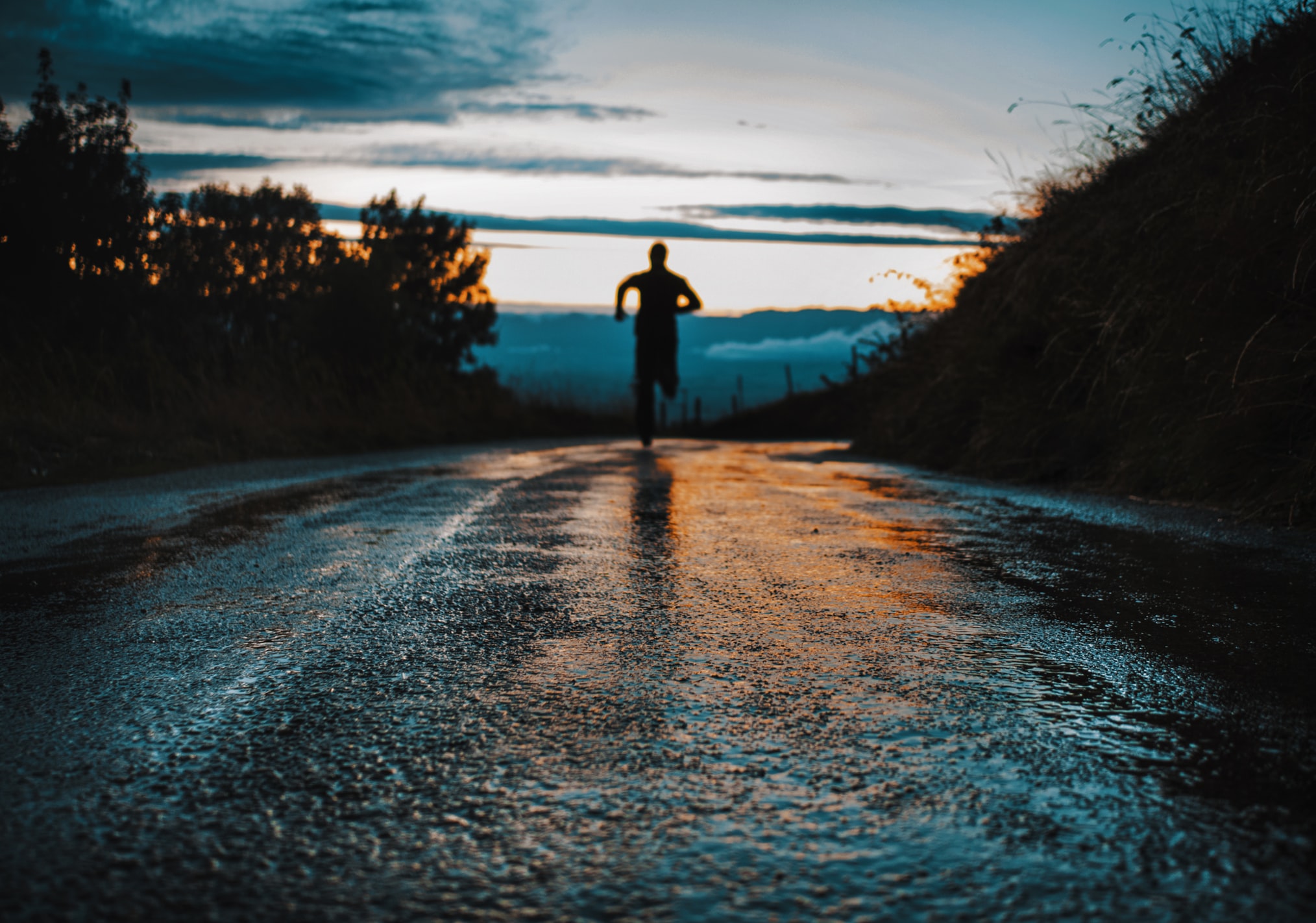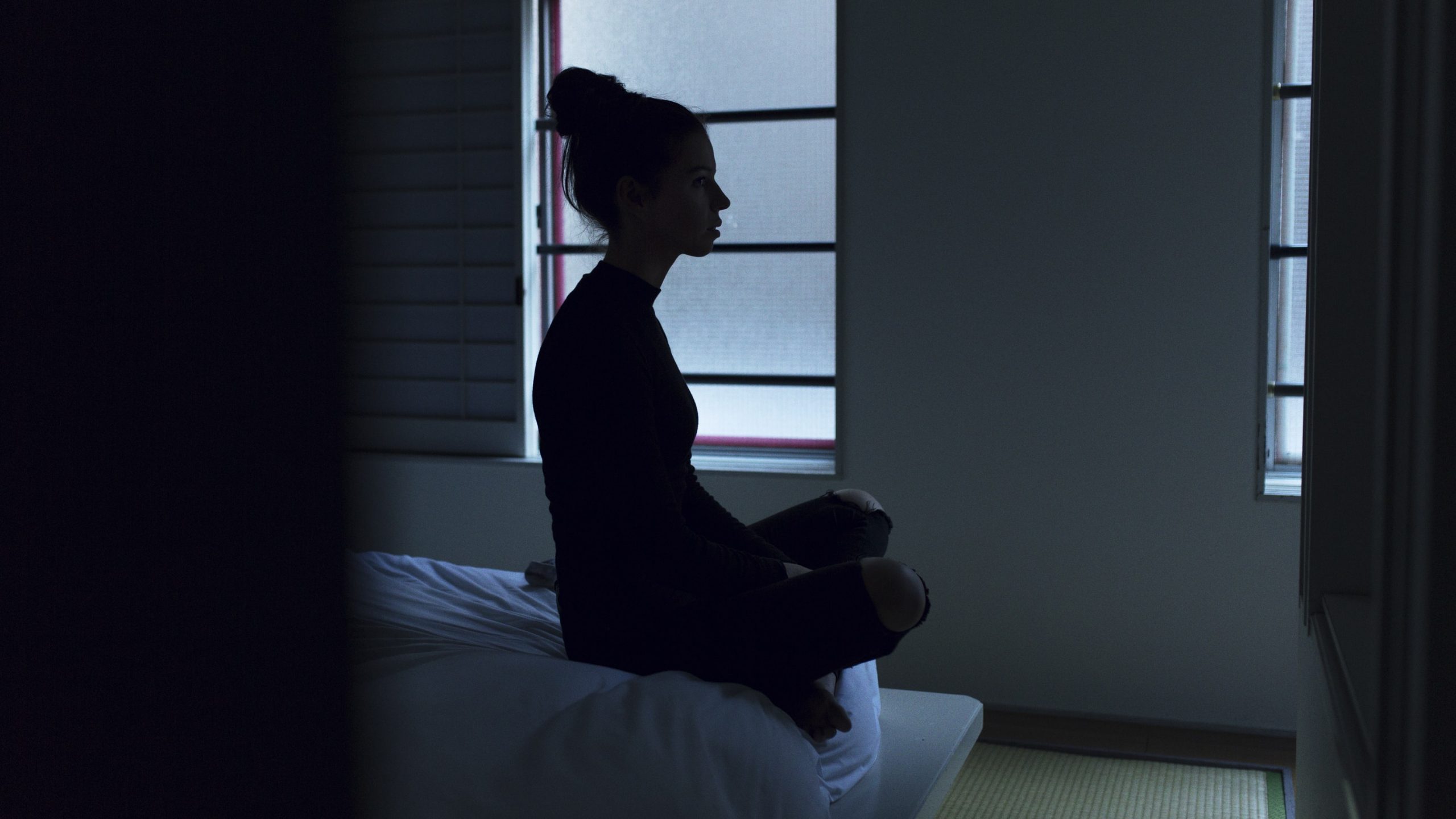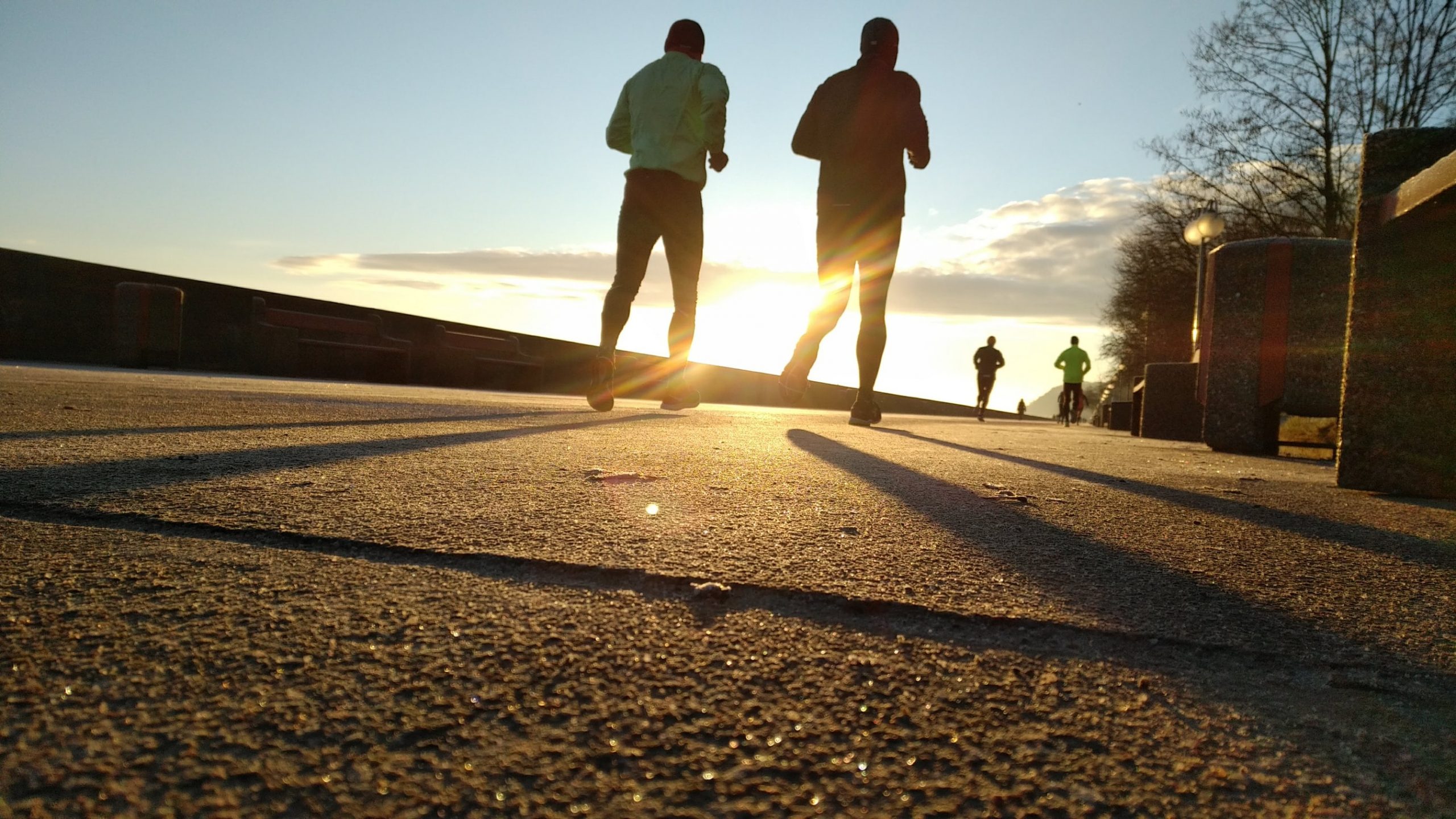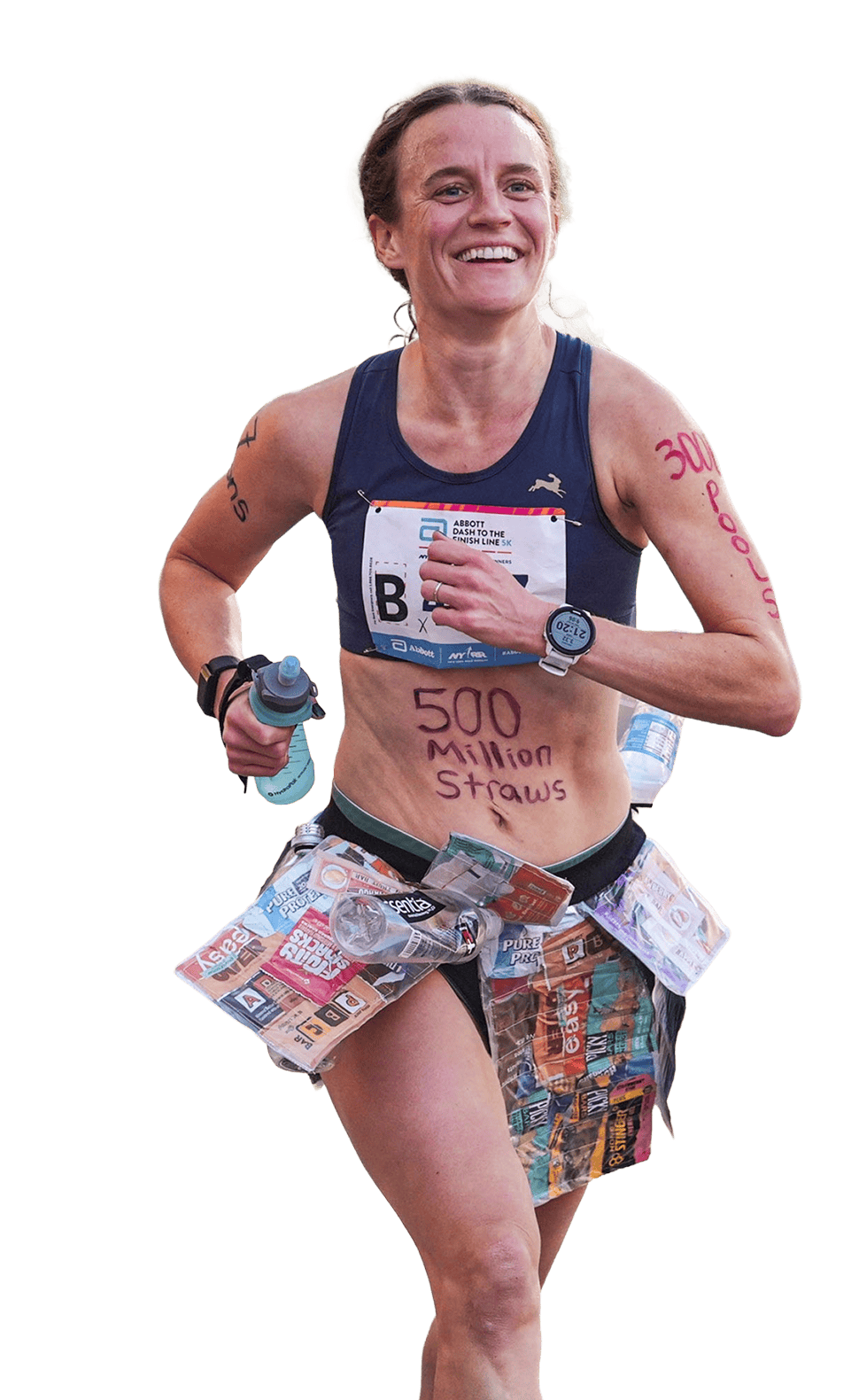A few years ago, I wrote a post called 5 Reasons Why Running Easy is So Hard, I then followed that up with a post about running easy, and what that means.
However, in that post, along with everyone else, I gave you subjective ways to run easy. I tried to explain that we all need to be better at listening to our body, and what it is telling us about the speed we run at. I never gave anyone a way of running easy that people can really, truly understand. That is what I thought I would try to cover today.
I interviewed Mark Cucuzella for the Runners Connect podcast. I can tell you now that we talked a lot about easy running. He explained how he learned the hard way how important it is to run easy, but by doing so, he has been injury free since 2000!
It got me thinking, that there must be other ways of explaining easy running. I can tell you to “run by feel” all day, but that can be really hard to understand, especially for new runners, therefore, I am giving you my recommendations on how to find the right pace.
Firstly, I just want to say that I am NOT a physician, I am NOT an expert, this is my personal opinion, based on experience, and if you want to give it a try, great, if not, then I completely understand 🙂
Secondly, this advice is for mostly 10k runners and longer who are doing hard workouts, as this is the area I understand. If you are not doing specific workouts during a week, then you can probably get away with a few more up tempo days, but you still need at least 1-2 days of easy running, ESPECIALLY if you feel tired that day.
Here are my three methods for making sure you are running easy enough
How you feel
This one is the most subjective, and still relys on you listening to your body, BUT gives you a few more methods to use.
If you cannot get through a run without looking at the pace, you need to run without it. If that means you switch it off so you cannot see it, do that (that’s what I do as I am a little obsessive about hitting the mileage correct!), but if you cannot, then you really need to run without a Garmin. Yep, I am talking about wearing just a plain old watch. That way you cannot track your pace.
This also means staying away from loops where you know the mile markers. Be smart, and you will be amazed how refreshing it feels to run without knowing pace once you get used to it. You can obsess over your fitness on your hard days/races, when it matters 🙂
Run on grass, dirt, trails, run on surfaces where you can just focus on enjoying your run, rather than how fast you are completing it!
When you finish your recovery runs, you should feel as though you could keep going for that amount all over again. Yes, you are going to feel tired, and especially if you are sore, you might not WANT to do it again, but you could if you needed to.
You should also be able to talk to a friend, have a full conversation the entire time. If you run alone, you should try to stay away from headphones (yes, I know that sounds like a crime to some of you), but hear me out; if you listen to music, it is too easy to get carried away to the music. You will also not be able to hear your breathing.
Lose the headphones, and listen to your breathing, it should be calm and relaxed.
When you go up a hill, you should feel the slight burn in your legs, but you should not be breathing much heavier than you are the rest of the time. This WILL require you to slow yourself down, and almost feel like you are running on the spot, but you shouldn’t get to the top, feeling exhausted.
Finally, easy running will mean that you are paying attention to your surroundings. This is a time to look around, and notice things around you. If you are focusing ahead, and thinking about gritting it out…..you are going too hard.
This is one of those times where you should NOT be “trying to get it over with”. You might actually enjoy it more if you slow down, and then you dont need to count down the minutes! If you are thinking in this way, you are going to end up running too hard.
Heart Rate
I am going to be honest. I have not used heart rate much in my training. I was lucky enough to be given a lovely new Soleus watch with a heart rate monitor, and I do use it on easy runs, but I do not tend to use heart rate the rest of the time.
Therefore, I am not the best person to explain it to you, but there have been multiple reliable resources who have talked about how helpful heart rate can be in keeping you at the right pace at the right time.
I do however use my soleus watch and heart rate for recovery days, and it is a good way of making sure you are going slow enough.
I cannot give you your heart rate numbers, as it depends on your age, but Runners Connect has a great calculator you can use to get your numbers, then its easy, just stay between those zones for your runs!
Obviously, this requires a heart rate monitor, but if you do have one, this is a great way of making sure you are going easy enough.
The 25-35% rule
Okay, full disclosure. I just made this one up. This is not backed by science, not backed by any experts, but for those of you who do better with numbers, will probably find this helpful.
I just want to say that this does require some common sense. Humidity, heat, cold, wind, hills, course, terrain all have a huge impact on how difficult a pace feels, and this is NOT going to take any of those into account. If any of those come into play, you will probably have to slow your run down even more.
But, what I am going to recommend is that you take your current 10k time (NOT your PR, your current fitness), figure out your pace per mile for that, and then multiply it by 135%.
For example, a few weeks ago, I ran the Bluegrass 10000, and my pace was 5:48 per mile. By multiplying this by 25- 35%, that leaves me with 7:30-7:50 per mile.
I actually run slower than this (usually 7:45-8:05), but the faster you are, the more skewed it becomes. An example of this is my friend Sarah. We ran together when she was here, and we did not wear a Garmin that day, AND from estimation, I would say we ran about 8:30 pace average. This is two girls whose 10k PRs are under 5:20 per mile pace! Recovery is key!
I thought maybe this would help show you just how much slower to run on a recovery day. Yes, elites may look like gazelles during a race, may make it look easy, but when you think about how much slower we run on our recovery days, percentage wise, it helps you understand….well hopefully.
So there you have it, my three best recommendations for slowing yourself down enough on your recovery days. Runners Connect has some great posts on this, and the more easy running you can do, the less likely you are to end up injured (and isn’t that what we all want?!).
Hopefully this can be helpful to you!
[bctt tweet=”3 Helpful Ways to Understand What Running Easy Means from elite runner @tinamuir” via=”no”]Do you have another way you make sure you run easy?
How to Use the Effort Scale Cheatsheet
Get your printout to refer to as you begin effort based training

